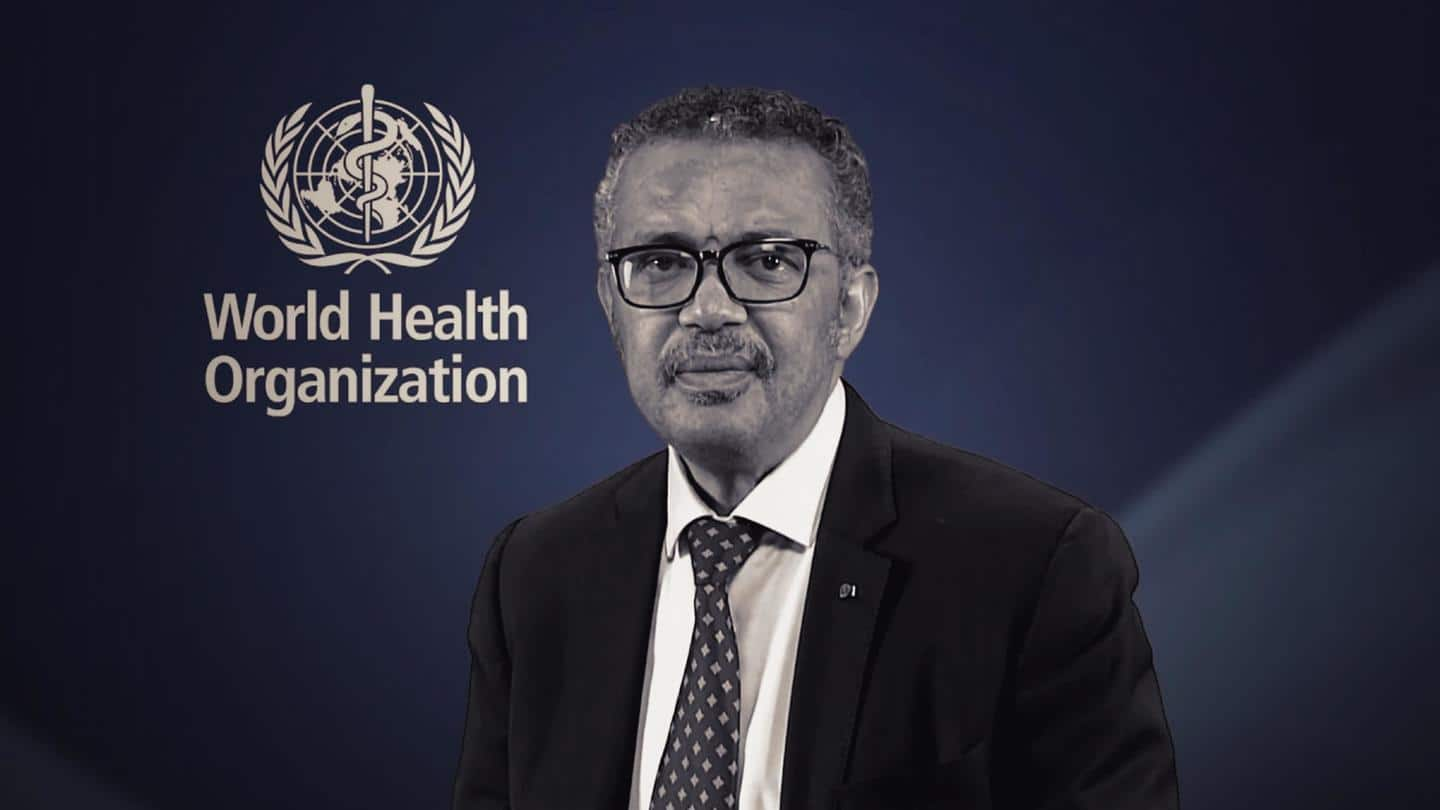
COVID-19 end 'in sight', deaths lowest since March 2020: WHO
What's the story
In a significant development, the World Health Organization (WHO) chief Tedros Adhanom Ghebreyesus on Wednesday announced that the number of coronavirus fatalities globally last week was the lowest documented in the pandemic since March 2020.
According to him, the world has never been in a better position to tackle COVID-19, and the situation might mark a watershed moment in the worldwide epidemic.
Context
Why does this story matter?
Nearly 64 lakh people died as a result of three deadly waves of COVID-19, which were initially recorded in November 2019 and quickly put everything on halt.
However, some studies claim that 94 lakh more persons (than the official total) died between January 2020 and December 2021.
Notably, 228 nations reported more than 59 crores of confirmed cases of the virus during the pandemic.
Statement
What did WHO chief say?
While comparing the efforts against COVID-19 to a marathon runner reaching the finish line, Ghebreyesus said, "We are not there yet, but the end is in sight."
"Now is the worst time to stop running," he said adding that everyone can reap the benefits of the hard work against the pandemic only when they run harder and cross the finishing rather than slowing down.
Data
Current global COVID-19 scenario
COVID mortality fell by 22% in the last week, with just over 11,000 documented globally, according to the UN health agency.
For a week, the infection has dropped by 28% in every part of the world, with just 3.1 million new cases.
However, the WHO issued a caution about the absence of effective COVID-19 testing, which may result in many cases remaining undetected.
Instruction
Need to strengthen efforts before winter: WHO
Prior to the anticipated winter COVID-19 surge, WHO released a collection of policy papers urging nations to step up their efforts to combat the coronavirus and warned that new variants might yet erase the progress made thus far.
Ghebreyesus warned that if countries don't take the chance right away, there might be more variations, fatalities, disturbance, and uncertainty.
Assessment
Global response initially was a failure, says Lancet
Meanwhile, according to a new Lancet Commission assessment, the worldwide response to the COVID-19 epidemic in the first two years was a failure, resulting in an estimated 17.7 million fatalities, including those that were not recorded.
According to one of the study's commissioners, the report presents numerous critical lessons that might help shape early and successful global responses in the future.
Expert speaks
'Delays impede notification of pandemic, declaration of emergency'
"There were delays in notification of the outbreak and in the declaration of a global public health emergency. Superspreader events were permitted, lockdowns were not always followed by energetic efforts for evidence-based public health measures for transmission-control," The Indian Express quoted Dr. K Srinath Reddy, President of Public Health Foundation of India and one of the commissioners of the Lancet COVID-19 as saying.